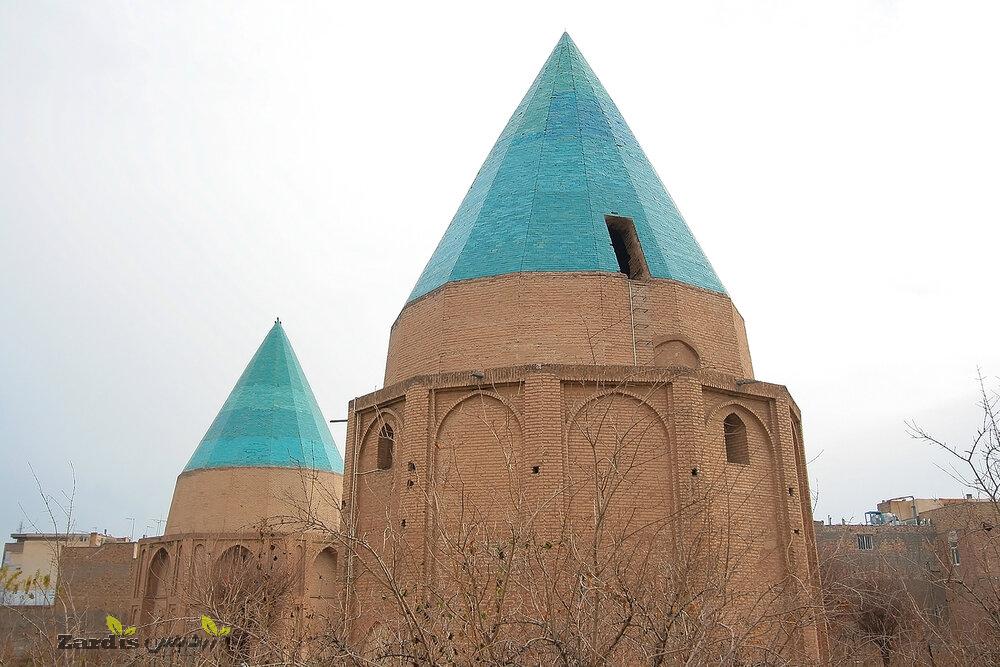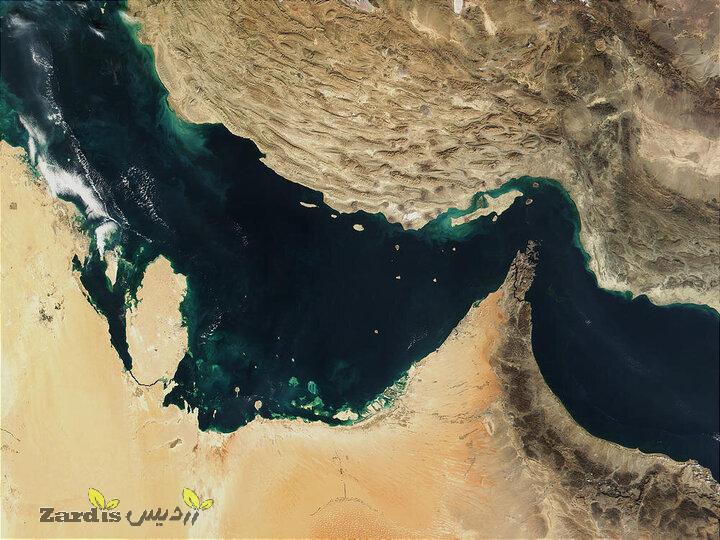TEHRAN – Qom province, which embraces various religious, historical, cultural, and natural sites, has arranged a series of specialized tours for administrators, students, and researchers.
“Specific tours and workshops have been organized for administrators, students, and experts in history and sociology,” the deputy provincial tourism chief, Ammar Kavousi, said on Saturday.
Today, the first guided tour of the series was conducted to introduce some religious sites and mausoleums which are capped with conical domes, the official said.
Tours dedicated to historical houses and mansions as well as the ones devoted to historical Ab-Anbars (cisterns) will be conducted in the near future, he said.
Situated adjacent to salt-covered deserts, golden dunes, running sands, and jagged mountains, Qom is home to the shrine of Hazrat-e Masumeh (SA) and major religious madrasas (schools).
Apart from sightseers and pilgrims who visit Qom to pay homage, it is also a top destination for Shia scholars and students who come from across the world to learn Islamic studies at its madrasas and browse through eminent religious bookshops. Here is a selection of things to see and do in Qom:
The imposing shrine tends to fly under the radar, but it is one of Iran’s most stunning mosques. Named for a sister of Imam Reza (AS), the eighth Shia Imam whose shrine is located in Mashhad, the geometric shapes and floral motifs of the shrine have a distinctly feminine touch, making you want to linger outside a bit longer to admire the tiles. The interior of this spacious shrine is immaculately decorated and has many notable burials on-site, ranging from royalty and political figures to clerics and scholars.
Bazaars are the beating heart of Iranian cities, and the one in Qom is no different. Divided into two parts, the old section dates from the Safavid era (about four centuries ago) and appears more like an exhibition of handicrafts, while the new section was developed and expanded in the 19th century.
Nestled in a small garden are three 13th-century tower-like mausoleums built for members of the House of Safi, who ruled Qom in the 14th century. The two turquoise-colored coned domes and one round dome are 12-sided on the exterior but octagonal inside. Intricate brickwork, as well as Thuluth and Kufic calligraphy, are just some of the similarities they bear to Soltaniyeh Dome in Zanjan, from which they’re believed to have been inspired.
Another destination could be Yazdanpanah House, which dates back to the late Qajar and early Pahlavi era. This 120-year-old mansion is divided into separate wings to account for the changing temperatures throughout the year. Elaborately designed columns, windows, and wind towers stand out against the simple mud-brick building. It’s a spacious yet cozy place to enjoy a Persian meal, particularly the traditional dizi stew or kebabs, followed by tea prepared over a charcoal fire.
Jamkaran Mosque, which is a popular place of pilgrimage for Shia Muslims, was originally constructed in the 1730s and expanded over the years. The brickwork iwans, multi-colored tiles, and Thuluth calligraphy become especially picturesque at night when floodlights illuminate the complex and give it a spiritual radiance. Pilgrims frequenting this mosque write their wishes on a piece of paper and drop it down the mosque’s well to have it answered by the 12th Imam.
One of the most visited natural spots of Qom is Hoz-e Soltan, an eye-catching salt lake is in the middle of the desert. The visitors could easily walk in the shallow parts and enjoy the shapes created by the salt, however, the center of the lake could be dangerous, as it is muddy and could easily trap people.
AFM
- News code 30687
- 303 View
- بدون نظر
Zardis news | The latest news of Iran and the world
تمامی حقوق مطالب برای Zardis news محفوظ است و هرگونه کپی برداری بدون ذکر منبع ممنوع می باشد.
طبق ماده 12 فصل سوم قانون جرائم رایانه ای کپی برداری از قالب و محتوا پیگرد قانونی خواهد داشت.
طراحی و اجرا: سامانه سایت ساز زردیس







